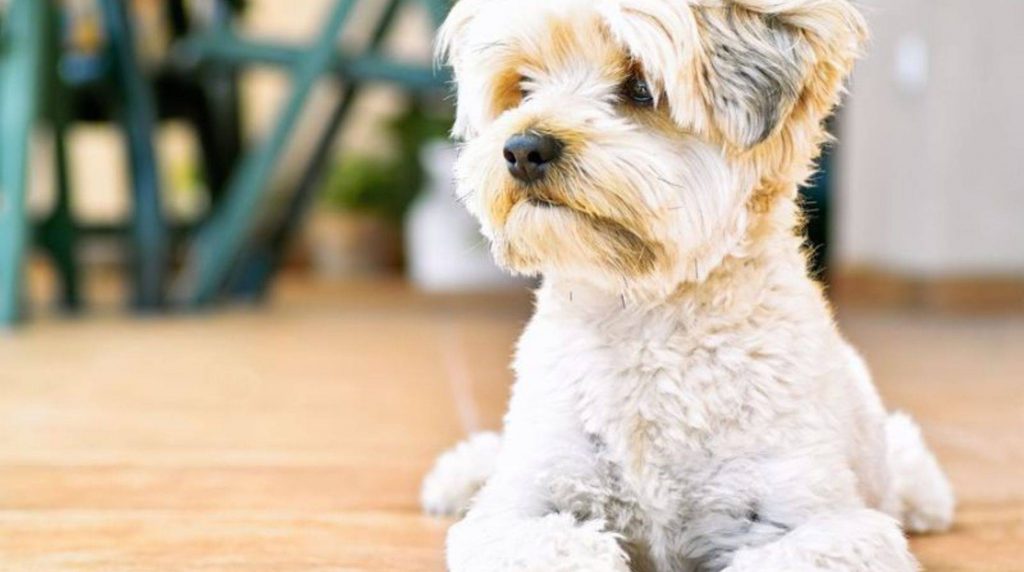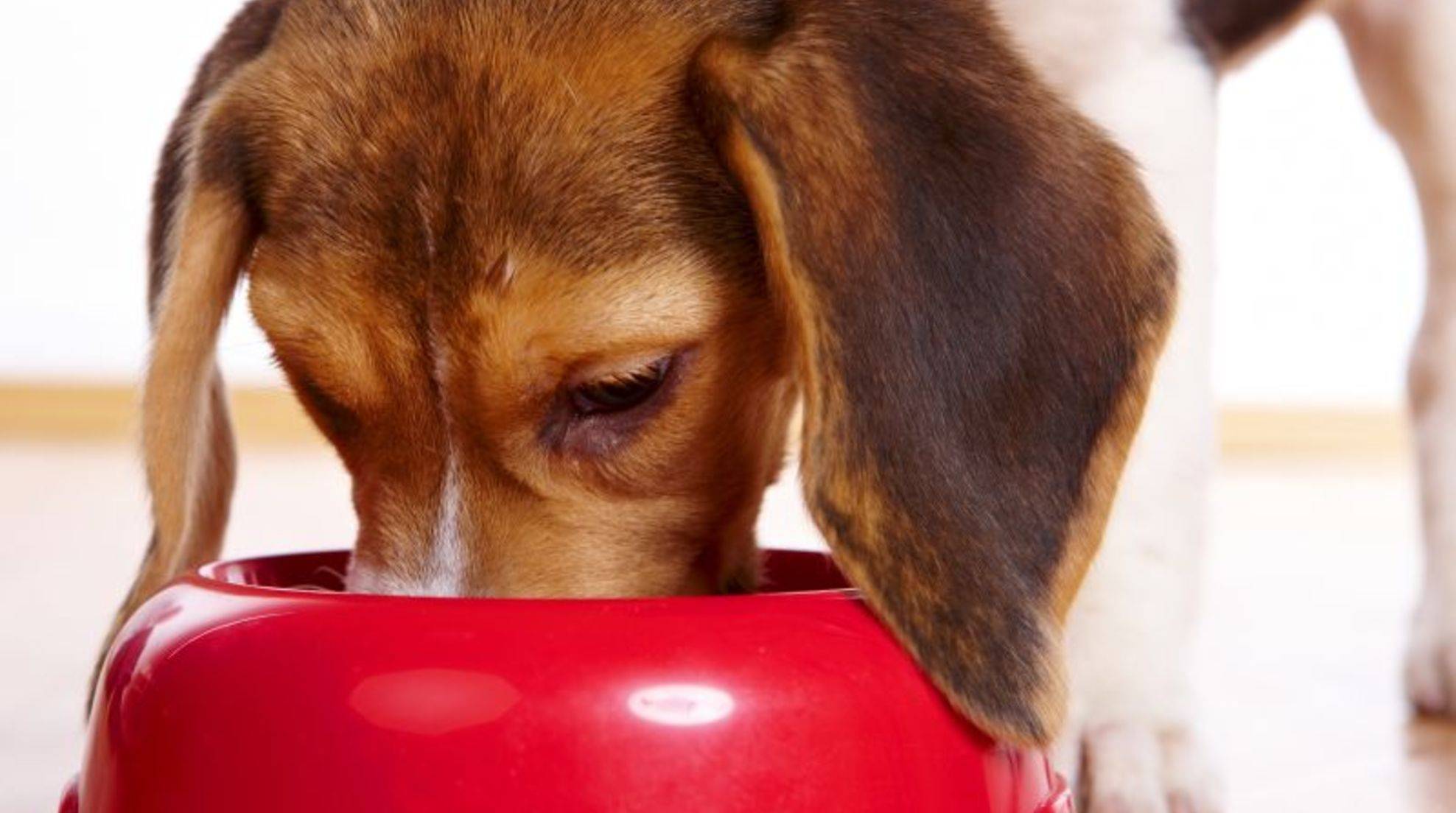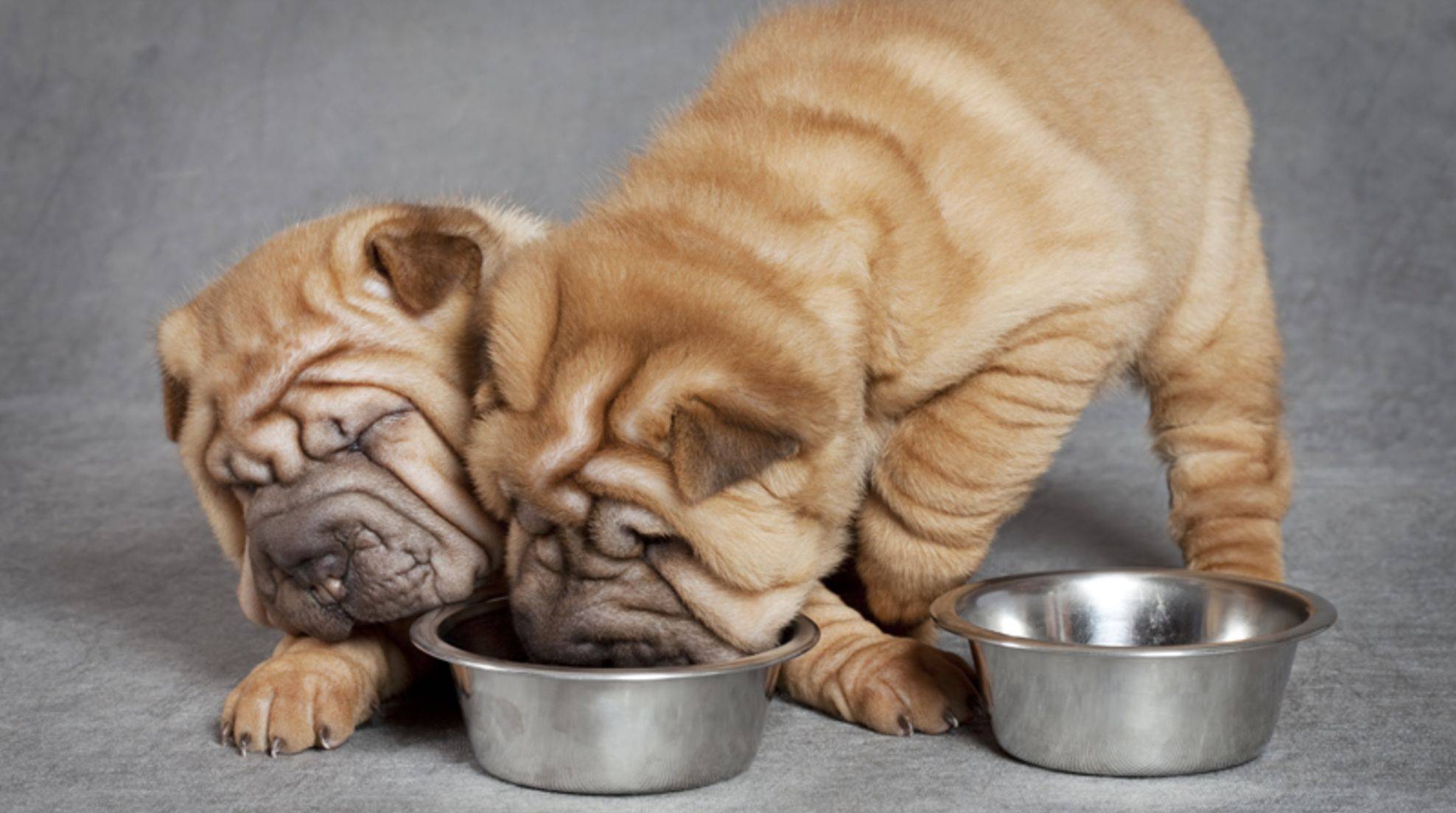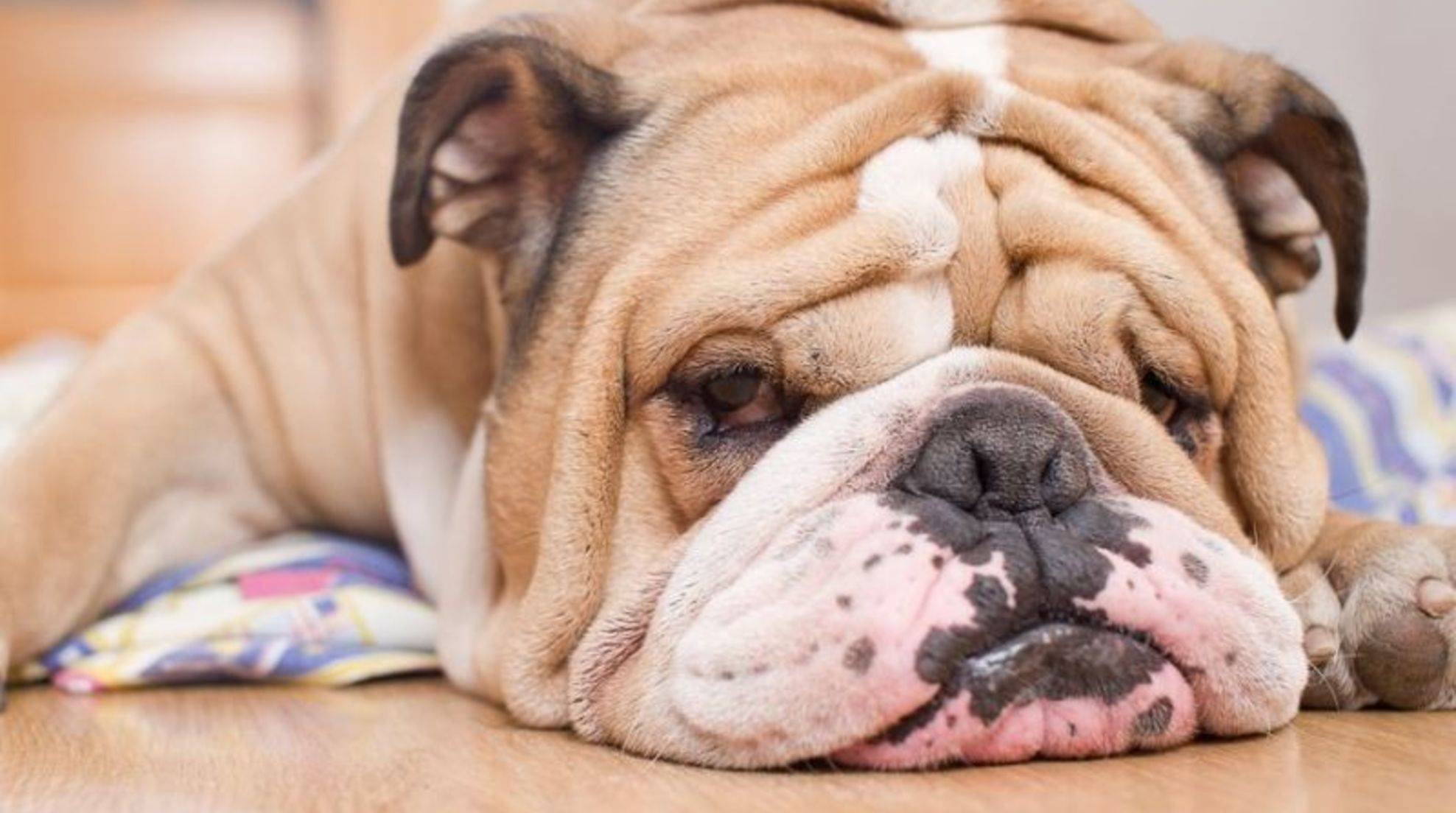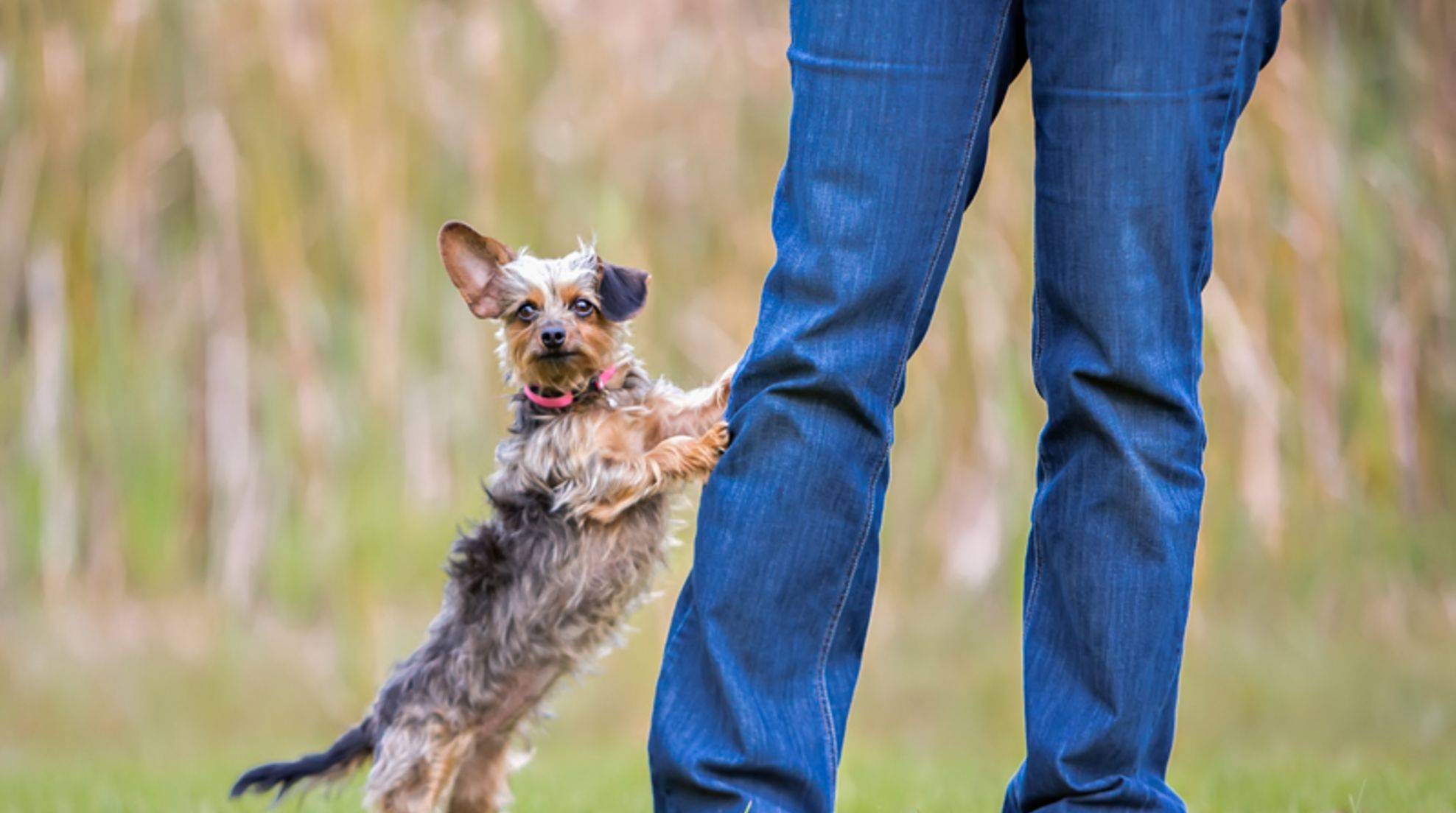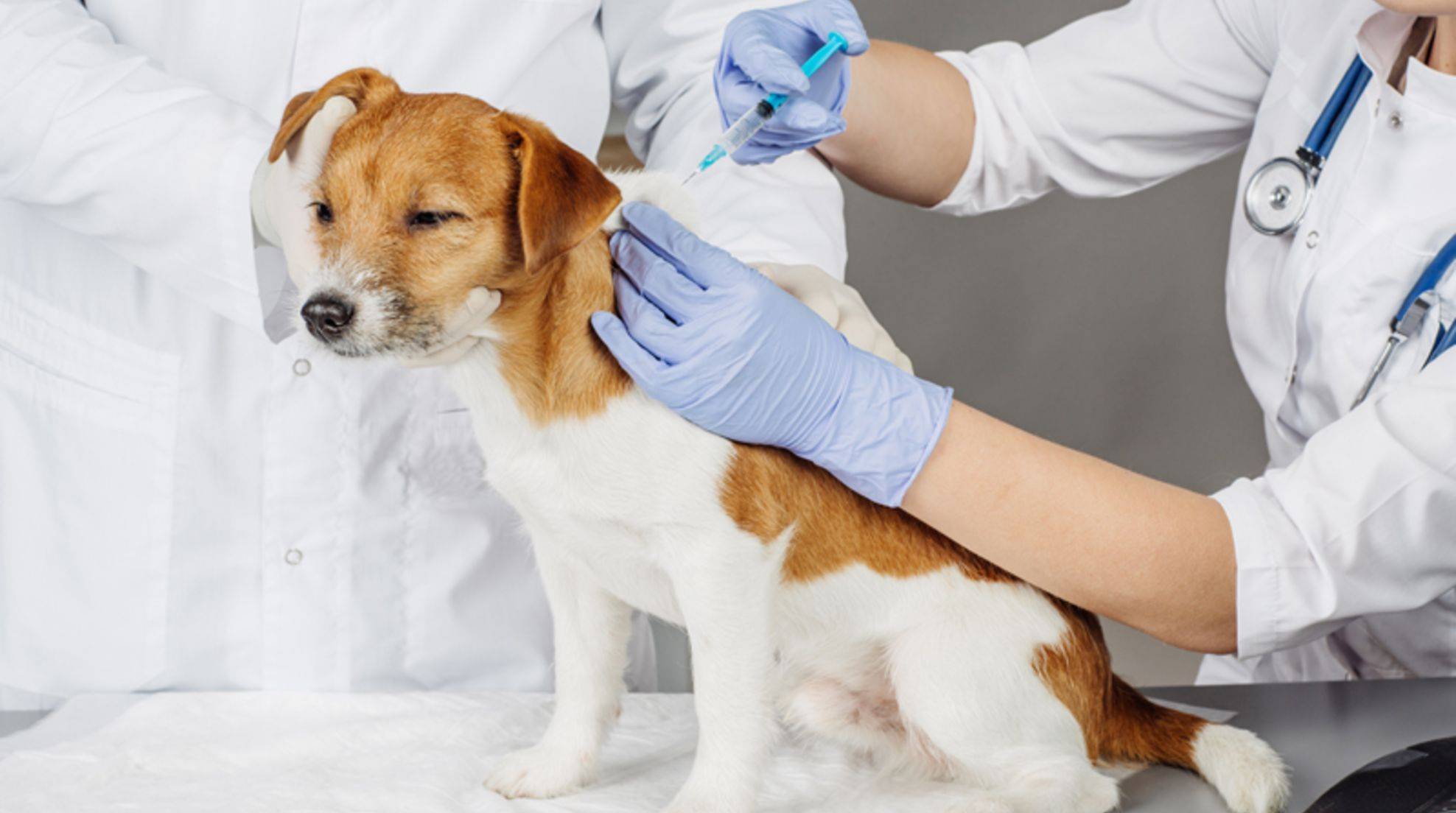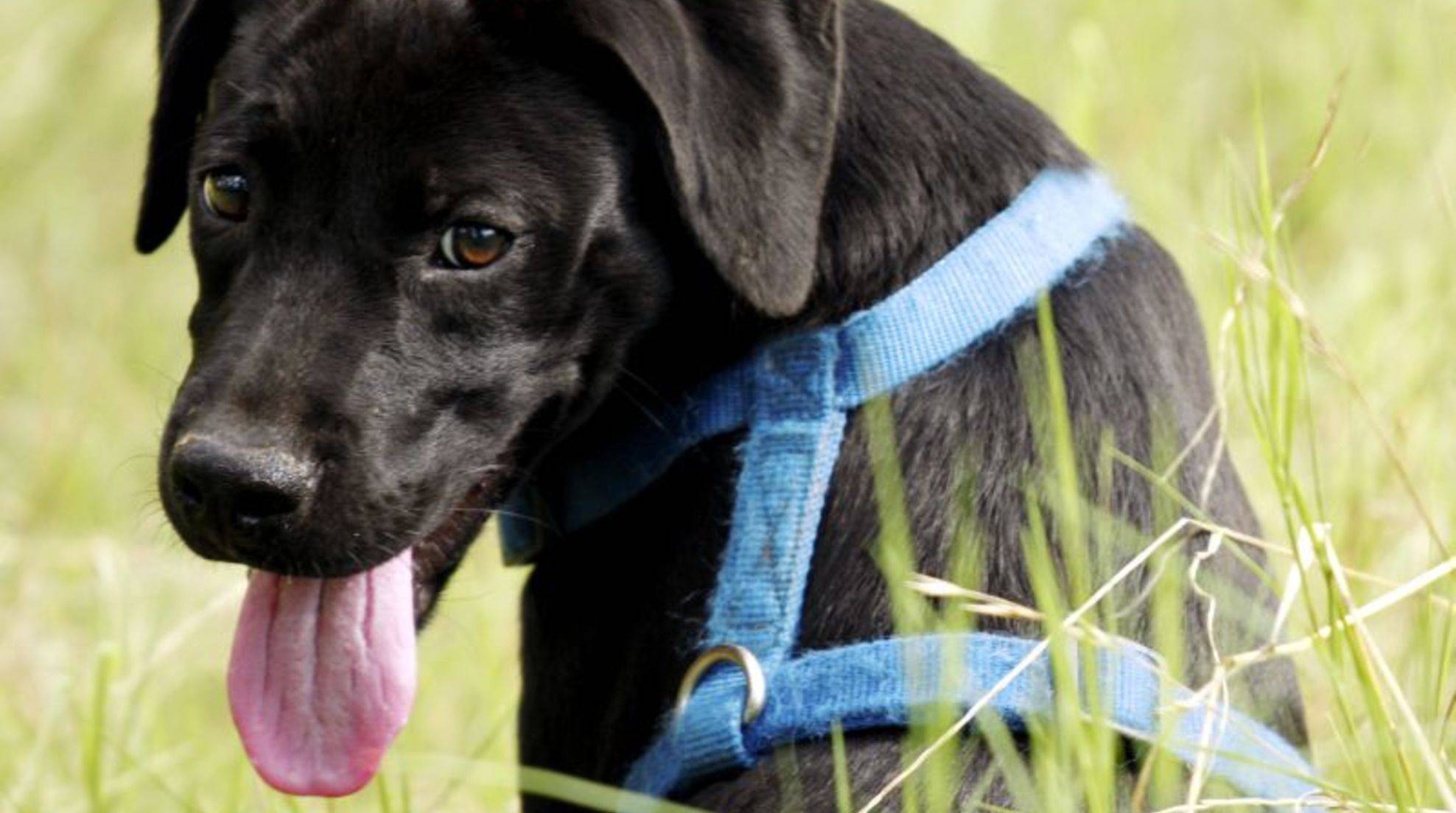Getting the dog housebroken: How to avoid mishaps
Getting a dog housebroken is a real challenge for any owner. But with a good portion of understanding, patience, and the essential tips, this can also be managed.
The practical education of your dog begins with the puppy age. Your little darling should learn where to do his daily business from the beginning. It is best to use the imprinting phase of your four-legged friend up to the 20th week of life to get your dog housetrained. Then he is particularly capable of learning, and any training errors are easier to undo.
This is how your dog becomes housebroken: Tips and tricks.
Kittens usually learn from their moms how to use the litter box. On the other hand, dog puppies have to learn from their humans that they are not allowed to do their business indoors but outside. Be patient with your puppy at first – it takes a while for him to understand what you want him to do. It’s a good idea to praise and reward your puppy for doing something right rather than punishing him for accidental mishaps. The principle is called positive reinforcement, and it does take some time, a lot of consistency, and attention towards your dog. In return, you don’t run the risk of upsetting or frightening your four-legged friend, which in turn could lead to behavioral problems – uncleanliness, for example.
If possible, take him outside immediately after every wake-up, every feeding, and during playtime. You will quickly recognize that your little one needs to go out by his behavior. Your four-legged friend will turn conspicuously in circles and sniff the ground with his nose. You can also use the following rules of thumb to guide you as to when your canine child needs to disengage:
● Under three months: Your dog puppy needs to go to the bathroom about every two hours
● Three to four months old: your puppy needs to go outside approximately every three hours
● Five to six months old: about every four hours is the time
Tip: In the beginning, it is still advisable to carry your little guy outside when his bladder is full. Later, you can let your animal partner walk behind you. This way, he can memorize the way himself, just in case. Once outside, praise him effusively and reward him with a treat if necessary. Over time, he will learn what you want from him by taking him out regularly and that it is worthwhile for him to do his business outside.
If it does not work out with the house training
If your puppy still has a little mishap in the house, tell him with a sharp “fie” or “no” that it is undesirable and take him out immediately. However, this only makes sense if it is done directly after the mishap, as a four-legged friend understands a reprimand only in the temporal context of his misbehavior.
Never poke your animal companion with his nose into the puddle he left behind. He would not understand the context and react insecure, frightened, or distraught. Eliminate the business and spray the spot with a room spray or a water-vinegar mixture. Dogs detest such smells and avoid this place in the future. Mainly because they also no longer find “scents” there, which could generally attract and tempt them again.
In addition, it is an excellent idea to let your puppy sleep in a playpen or a large cardboard box in the early days until your dog is housebroken. Line the floor around his sleeping area with so-called puppy pads – these are absorbent pads that prevent your foot from being damaged if your puppy doesn’t make it outside in time. After all, he’s already learning that he’s not allowed to relieve himself anywhere in the home. If he gradually understands that he should only relieve himself outside the home’s four walls, you can gradually reduce the pads.
You can find more tips on the subject in our guidebook “Dog is not housetrained: What to do?”

